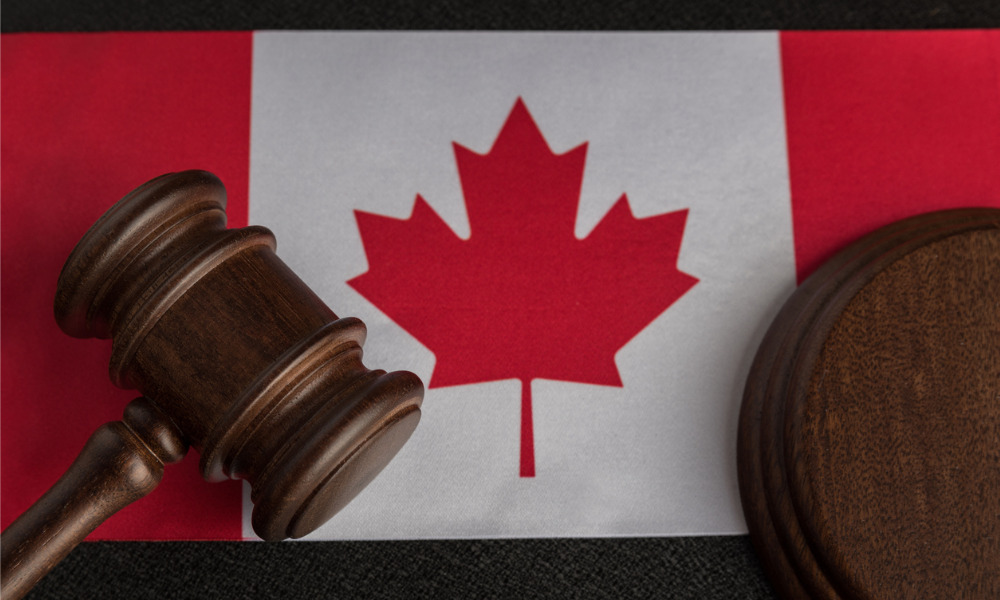When you are interested in creating a plan that would help secure your properties for your family when you pass away, the laws on estate planning are the first thing that you should know. Although an estate lawyer may help you with that, and we do recommend speaking with one, here is a general overview of estate planning in Canada.
Estate and Estate Law
When the law refers to an “estate”, it generally refers to the totality of a person’s property. Differently stated, it is a person’s net assets or net worth, or the total financial value of all the person’s properties.
Each jurisdiction, country, or province may define this term differently according to its property laws. Additionally, an estate may include a person’s tangible and intangible assets – tangible or physical assets refer to lands, houses or buildings, motor or auto vehicles, machineries, equipment, and other real and personal properties owned by a person; on the other hand, intangible or non-physical assets may refer to a person’s investments, bonds, equities, securities, intellectual properties, and any other asset that are handled by a third party entity or institution, among others.
Estate laws are the set of laws which will govern in creating an estate plan. An estate plan may include the preparation of a will, or creation of a trust, and detailing the procedure in distributing a deceased’s estate. It’s part of the general branch of law called property laws, which deals with the relationship between persons, their properties, third parties (family members, institutions handling a person’s estate, etc.), and the state. Although, estate law may also govern a person’s properties whether they are still living and after they die.
Estate Planning in Canada
Estate laws in Canada are generally governed by common law, and the provincial or territorial statutes on estate plans, wills, and succession. Common law principles applicable to estate law are principles specifically on property laws and contracts law, since estate plans may also be in a form of contracts.
During your estate planning, considerations must also be made based on your provincial or territorial laws on estates, wills, and successions. For example:
- in Ontario, there’s the Estates Act, and the Succession Law Reform Act;
- in British Columbia, it’s the Wills, Estates and Succession Act;
- while in Alberta there’s the Wills and Succession Act, etc.
This is why it is so important to find a lawyer who specializes in a state law in your province. They will be most familiar with the laws in your specific province. For example, those in Ontario should hire an estate planning lawyer in Ontario.
Learn why should you hire an estate planning lawyer in Canada here.
What are the basics of estate planning in Canada?
An estate plan generally consists of numerous legal documents which will typically contain how a person’s properties (assets or estate) will be managed and distributed when a person dies.
The basics in estate planning in Canada are the preparation of a:
- Will, which includes naming your Executor, and/or;
- Trusts. In connection with wills is the;
- Probate Proceedings according to your province or territory.
Other things you may need to prepare for estate planning are inheritance planning, tax planning, life insurance, end-of-life care or funeral preparations, or other post-mortem wishes.
(1) Wills
The preparation of a will is highly important for high-net-worth individuals, but this also important for people who have multiple assets. Generally, a will is the legal document which will provide for the process of distributing your assets after you pass away.
It may be prepared for you by an estate lawyer, or you may prepare it personally and have it managed by your estate lawyer. How your assets may be specifically distributed will basically depend on the law governing wills and succession in your area, especially in Canada where laws on wills and succession is primarily governed by the provinces and the territories, and not by any federal statute.
Executor
An important part of your will is who is going to be your executor. The named executor in the will is the personal representative of the deceased who will administer the deceased’s estate and who is tasked with distributing the deceased’s estate among the designated persons or institutions in the will. Typically, your estate lawyer would also be your executor, although, an executor is not necessarily a lawyer by profession, they may either be your next of kin such as your spouse or family member, friend, or a named institution, depending on your desires.
It is also important to name alternative executors, just in case your named primary executor has become incapacitated or is unable to fulfill their duties with regards to the administration of your will. In a probate proceeding, if it’s also proven that the named executor in the will is unwilling or is unable to administer the deceased’s estate, the court may also appoint an administrator in place of the executor.
(2) Trusts
Aside from establishing a will as part of your estate planning, you may also want to create a trust. A trust is a legal relationship where a person’s assets are held by a trustee – who may be another person or a financial institution – who will manage these assets for the benefit of the named beneficiary. For example, you may want to establish a trust whose income, or the fund itself, may be designated for your children when they reach their legal age.
There are different kinds of trusts, such as:
- Inter vivos trust – a trust created by a person who is still alive
- Testamentary trust – a trust created by a will
(3) Probate Proceedings
When a will is challenged by some other person, or when the law requires it, the will may have to undergo a probate proceeding. A probate proceeding will determine the validity of a will, according to the governing law on wills and succession. In Canada, it would depend on the provincial and territorial laws on wills and successions.
Administrator
When a person dies who left no will, and there are assets that need to be distributed, the court may appoint an administrator during the probate proceedings who will distribute the assets of the deceased according to the governing law on succession.
Is it better to have a will or a trust in Canada?
One of the advantages of a trust is that it would not be subject to the probate proceedings when one is needed. However, this advantage should also be measured with the level of your confidence over your trustee and the risk of having disputes over the estate plan that you have with that said trustee.
Read next: Can you dispute a will? What Canadian laws say about the process
To know more about estate planning, consult with an estate lawyer in Canada to help you prepare for your estate plan.





